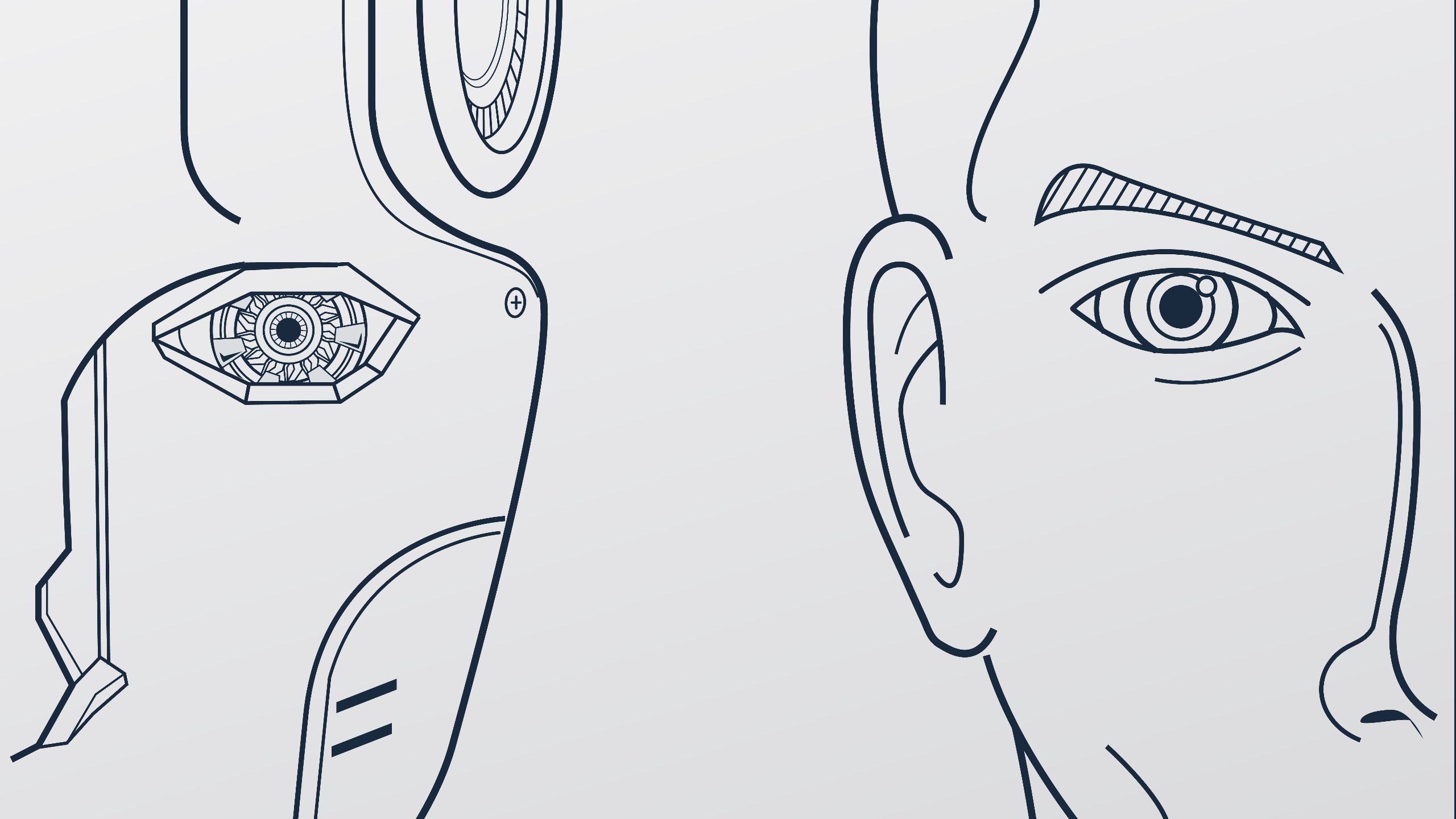
Boston University (BU) dean of arts and sciences, Stan Sclaroff, suggested that faculty members use generative AI tools to replace the work of striking graduate workers, The Daily Beast reports.
The BU Graduate Workers Union started its strike on Mar. 25 after contract negotiations with the university two weeks earlier failed. The union, which represents 3,000 graduate student staff, wants higher pay, improved medical insurance, and childcare subsidies.
Also read: Microsoft Reveals ‘First’ Surface PCs with Copilot AI Button
AI to ‘facilitate discussions’
In an email sent to the university faculty on Mar. 27, Sclaroff made several proposals on how to “manage course discussion sections and labs” impacted by the graduate workers’ ongoing protests.
“Given the disciplinary and pedagogical breadth across the College, there are a wide-range of approaches that can be taken,” Sclaroff wrote, according to the Beast.
“We know that one size does not fit all. However, in the hope that they can be useful and serve as inspiration for brainstorming, we have provided…some general guidance and examples of approaches that could be utilized during this time.”
While some suggestions referred to things like assigning readings and combining discussion sections, Sclaroff also proposed “some creative ways in which, we have heard, some faculty are adapting their course formats and using technology to serve their students.”
Among those suggestions is a recommendation by the Boston University dean that professors “engage generative AI tools to give feedback or facilitate ‘discussion’ on readings or assignments.”
Generative AI, a type of the technology that can generate text, video and pictures from a simple prompt, is threatening to upend jobs across many industries.
In Hollywood, artificial intelligence will likely be used to replace some workers. Last year, writers and actors went on a strike that lasted five months. Writers were worried AI could take their jobs, and actors feared being replaced by the technology on set.
Just last week, the Institute for Public Policy Research warned that up to 8 million workers in the United Kingdom could lose their jobs to AI with the current government policy on the technology. It said part-time, entry level and back-office staff, like personal assistants and office clerks, will be most affected.
In an email sent out to BU faculty, @BU_Tweets is now suggesting that professors use AI to scab for graduate workers! Our students deserve better! Give us a fair contract so we can get back in the classroom! pic.twitter.com/SykU7LciM3
— BUGWU IS ON STRIKE (@gradworkersofBU) March 28, 2024
Grad staff ‘bewildered’
The Boston University proposal to replace striking workers with AI could represent a remarkable turnaround for tertiary institutions given how several of them have given students a hard time over the use of AI tools such as ChatGPT “in class and assigned work.”
As matter of fact, artificial intelligence is banned in many colleges and schools in the U.S. and elsewhere around the world. It is little surprise then Boston University faculty members reacted angrily to Stan Sclaroff’s AI proposition.
“For some bewildering reason, they decided to throw in an extremely non-conventional and ultimately self-damaging suggestion that we just use ChatGPT to do the work,” an anonymous faculty member told the Beast.
“It’s honestly pretty shocking.” The person also said the suggestion that graduate student workers could be replaced with automation was “demoralizing, for sure.”
“You have critical, interesting, and accomplished professors, who are, like me, baffled by this belief that you can just deliver a quality, higher education experience through the punch of a button,” the person said.
In a press release, the BU Graduate Workers Union said grad staff, whose job duties include teaching and conducting research for the university, “are fighting for fair pay, comprehensive health care, and stronger benefits such as child care subsidies to offset the rising costs of housing and other basic necessities in Boston.”
The union noted that grad student workers are paid stipends of between $27,000 to $40,000 per year, which is far below the living wage for Boston of $62,000 per year.
- SEO Powered Content & PR Distribution. Get Amplified Today.
- PlatoData.Network Vertical Generative Ai. Empower Yourself. Access Here.
- PlatoAiStream. Web3 Intelligence. Knowledge Amplified. Access Here.
- PlatoESG. Carbon, CleanTech, Energy, Environment, Solar, Waste Management. Access Here.
- PlatoHealth. Biotech and Clinical Trials Intelligence. Access Here.
- Source: https://metanews.com/us-university-floats-ai-as-replacement-for-striking-workers/
- :is
- :not
- $UP
- 000
- 14
- 25
- 27
- 28
- 8
- 9
- a
- accomplished
- across
- actors
- adapting
- affected
- After
- AI
- All
- also
- an
- and
- Anonymous
- approaches
- ARE
- around
- artificial
- artificial intelligence
- Arts
- AS
- assigned
- assistants
- Automation
- back
- basic
- BE
- being
- belief
- below
- benefits
- between
- boston
- breadth
- button
- by
- CAN
- Can Get
- care
- ChatGPT
- child
- class
- College
- Colleges
- combining
- comprehensive
- conducting
- contract
- Costs
- could
- Course
- Creative
- critical
- Current
- daily
- decided
- deliver
- deserve
- disciplinary
- discussion
- do
- does
- during
- Earlier
- Education
- elsewhere
- entry
- examples
- experience
- extremely
- facilitate
- fact
- Failed
- fair
- far
- feared
- feedback
- fighting
- fit
- five
- For
- from
- General
- generate
- generative
- Generative AI
- get
- Give
- given
- Government
- graduate
- guidance
- Hard
- Have
- Health
- Health Care
- heard
- higher
- Higher education
- Hollywood
- Honestly
- hope
- housing
- How
- How To
- However
- HTTPS
- impacted
- improved
- in
- include
- industries
- Inspiration
- Institute
- institutions
- insurance
- Intelligence
- interesting
- IT
- ITS
- Job
- Jobs
- jpeg
- just
- Kingdom
- Know
- Last
- Last Year
- Level
- like
- likely
- little
- living
- lose
- made
- many
- mar
- Matter
- me
- medical
- member
- Members
- million
- months
- most
- necessities
- negotiations
- noted
- now
- of
- Office
- offset
- on
- ONE
- ongoing
- or
- Other
- our
- out
- over
- paid
- Pay
- PCs
- per
- person
- personal
- Pictures
- plato
- Plato Data Intelligence
- PlatoData
- policy
- pretty
- proposal
- Proposals
- proposed
- proposition
- Protests
- public
- quality
- Read
- reason
- Recommendation
- referred
- release
- remarkable
- replace
- replaced
- replacement
- Reports
- represent
- represents
- research
- Reveals
- rising
- s
- Said
- Schools
- SCIENCES
- sections
- sent
- serve
- set
- several
- shocking
- Simple
- Size
- So
- some
- Staff
- started
- strike
- stronger
- Student
- Students
- subsidies
- such
- sure
- Surface
- surprise
- Take
- taken
- Teaching
- Technology
- tertiary
- text
- that
- The
- the United Kingdom
- the world
- their
- Them
- then
- There.
- they
- things
- this
- those
- Through
- throw
- time
- to
- told
- tools
- true
- two
- type
- u.s.
- Ultimately
- union
- United
- United Kingdom
- university
- us
- use
- used
- useful
- using
- utilized
- Video
- wage
- wants
- was
- ways
- we
- week
- Weeks
- went
- were
- which
- WHO
- whose
- will
- with
- Work
- workers
- world
- worried
- writers
- wrote
- year
- You
- zephyrnet













